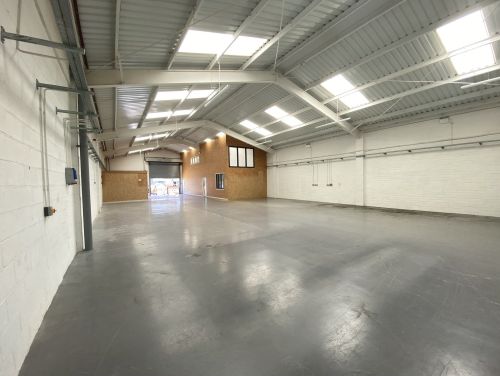27 March 2019
London's Chinatown under threat
Industry News
It may be the year of the pig in the Chinese calendar, denoting wealth, but London's Chinatown now has less cause for cheer. Its importance and status are under threat as it suffers increased competition, higher occupational costs and a dilution of its USP - authentic oriental dining - for which it is world renowned, reports SHW Partner Nigel Amos.

Competition has come from pop-up street traders, food hall operators and traditional restaurants. Even neighbouring areas, like Soho's Brewer Street, are taking trade away from Chinatown.
A big factor in rent negotiations has been the higher cost of employment, business rates and regulatory control, including health and safety policies and fire regulations. Despite this rising expenditure, restaurant prices have largely remained static with few opportunities to pass on increased overheads to customers.
Within this sensitive price structure, traders unfamiliar with the location but attracted by its reputation tend to outbid longer established restaurants. Fringe oriental traders, like ice-cream shops, tea houses, sweet bun and cake vendors, are all moving in and changing Chinatown's profile.
Historically, the area's tight footprint and lack of supply resulted in big premiums being paid and new rental tones established when units became available. Now, this pattern of value is a distant memory: churn is higher and vacant units can take longer to let.
Shifting demographics are also driving change. First-generation Chinese restaurateurs are being succeeded by their children who are less interested in the family business, placing greater reliance on non-oriental staff which further dilutes the brand.
With Chinatown now facing challenges on so many different fronts, it begs the question of how much more it can withstand.
To curb occupational costs, SHW - working with many of Chinatown's tenants - has sought to negotiate rents that are pegged to inflation, although even this type of increase can lead to losses.
Given the age of much of the building stock, restaurateurs have also been advised to think carefully about taking on full liability of properties, especially where leases are not protected by security of tenure.
If landlords fully take account of the sea-change happening in this area of London - and rental levels and tenancy agreements continue to reflect this upheaval - there should still be a future for Chinatown for years to come. It's a cultural hub that is undoubtedly worth preserving.
This story originally appeared in CoStar News 21/3/19.
Contact:
Nigel Amos
020 7389 1525




